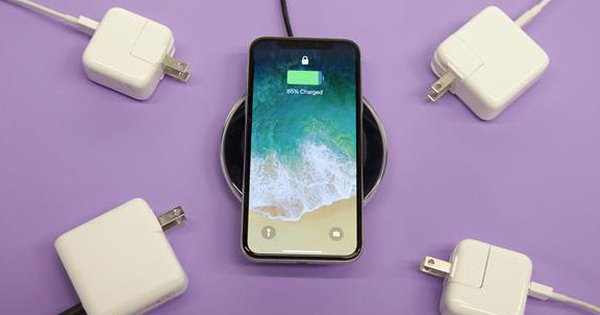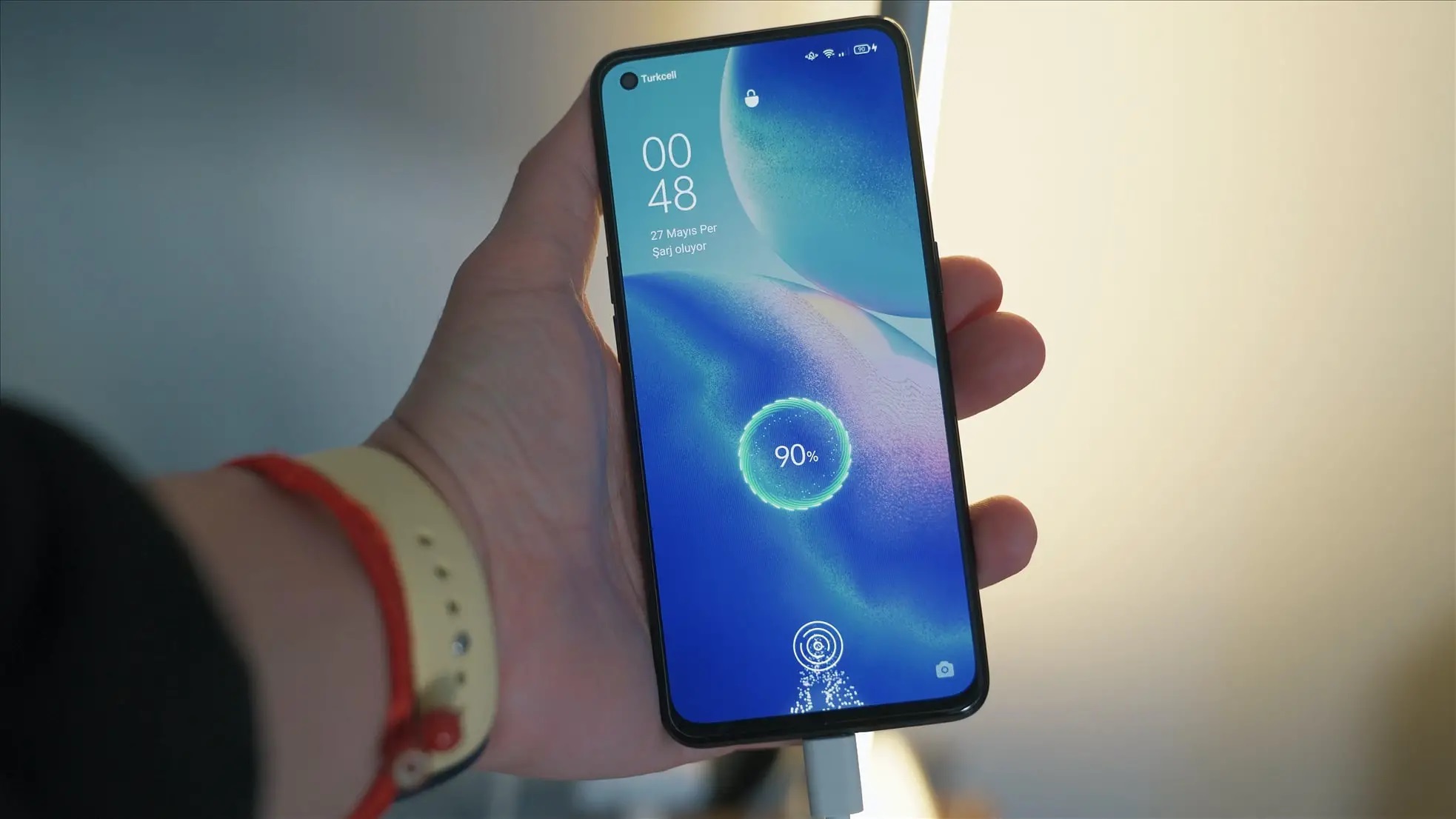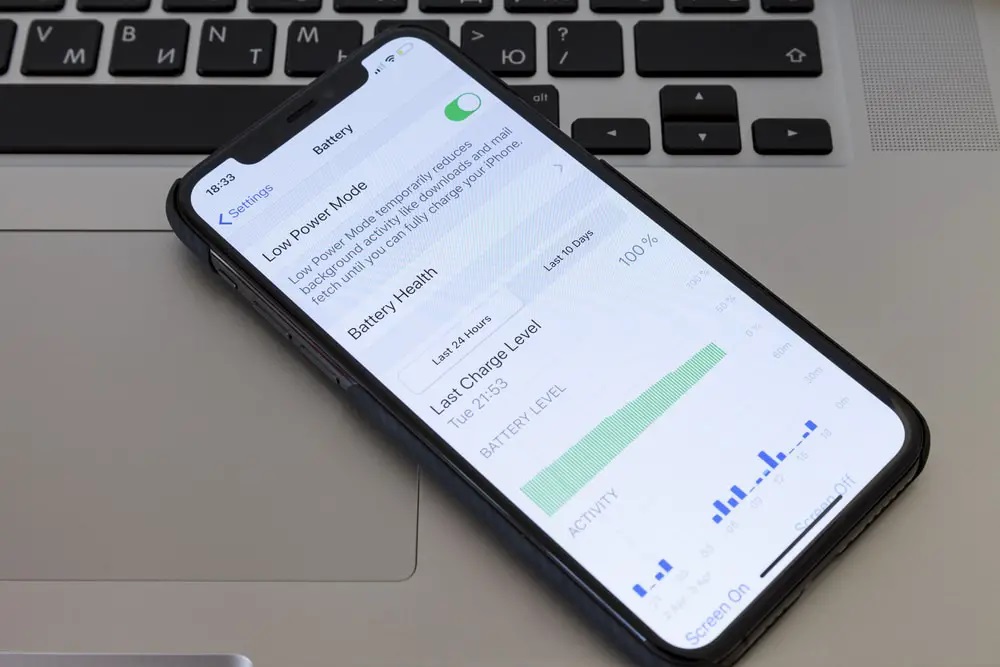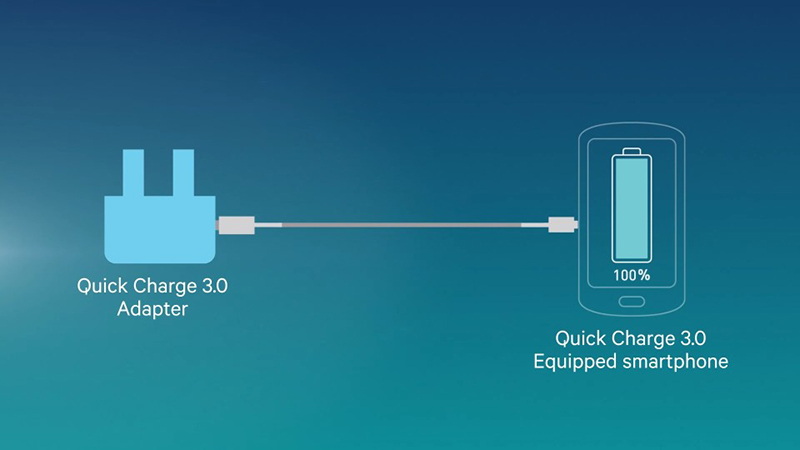The truth “rumor” using fast charging will damage the phone battery: Not damaged but will damage one thing!
- Tram Ho
Battery life has become one of the most important issues for smartphone users in their daily life. None of us want our phone battery to run out at noon, especially when we need to work the most.
As a result, manufacturers have developed fast charging technology that can charge a phone battery in a shorter amount of time than conventional charging in an effort to solve this problem. But users are also bewildered by the use of new technology.

They raised the question of whether fast charging could harm smartphone batteries. This is also the reason that despite being on the market for a long time, fast charging has not yet become popular.
Does fast charging harm the battery?
It’s important to understand how fast charging works, simply putting more voltage into the battery to speed up the charging process. Fast charging can deliver up to 20 volts of current instead of the usual 5, reducing charging time.
Qualcomm’s fast charging, OnePlus’ charging, and Samsung’s adaptive fast charging are a few examples of fast charging technology.
Back to the question: Is fast charging harmful to your phone’s battery? Then the answer is “no”. Smartphone batteries are not damaged by fast charging. In fact, most smartphone batteries these days are built to support fast charging.

These batteries feature advanced technology that controls the charging process, avoiding overcharging, overheating, and other potential problems.
Furthermore, modern smartphones have a built-in charge controller that prevents the battery from receiving more power than is standard. This shows, your phone will limit the current to protect the battery even when using a fast charger that provides a large amount of power.
Fast charging doesn’t permanently damage the battery, but it can shorten its life. This is an important point to remember.
The number of times a battery can be charged and discharged before the battery begins to degrade is called the charge cycle. The number of charge cycles on a battery drains quickly or quickly depending on how much or how little you charge it.
In short, fast charging won’t harm your phone’s battery, but it can shorten its life. Although the batteries in modern smartphones are made to support fast charging, regular use can reduce the battery’s capacity with charging cycles.
Therefore, to ensure the longevity of the battery, use fast charging only when needed and charge more normally.
How do smartphone batteries work?
Lithium-ion batteries are commonly used in smartphones. These batteries have a negative electrode (anode) made of graphite and a positive electrode (cathode) made of lithium cobalt oxide. The electrolyte, a conductive liquid or gel, is located between the electrodes.
Lithium ions in the graphite structure migrate from the cathode to the anode of the lithium-ion battery during charging. Lithium ions flow through the electrolyte from the anode to the cathode during discharge, creating the electric current that powers the phone.

The smartphone’s battery management system (BMS) controls the charging and discharging process of the battery, and monitors the battery’s state of charge (SOC). The BMS also has safety measures in place to prevent the battery from being overcharged, overheated, or over-discharged, which could damage the battery or cause a fire.
The capacity of a lithium-ion battery is expressed in milliampere-hours (mAh), which is the maximum current the battery can deliver in one hour. The battery will be more usable if it has a higher mAh capacity. Hardware, software and phone usage habits and other factors also affect battery life.
In general, lithium-ion batteries have a short lifespan and will degrade over time, especially if they are exposed to extreme temperatures or are fully charged for long periods of time.
It’s important to take care of your phone’s battery by avoiding extreme heat and using the right charger.
How does the phone battery drain in the long run?
In some cases, smartphone batteries degrade over time. Here are some of the main reasons.
Lifespan: Smartphone batteries tend to decrease in capacity as they age. This is the natural aging process of batteries.

Usage habits: Excessive smartphone use and running battery-hungry apps are also causes of battery drain.
Temperature: Batteries may drain faster in hot climates. If you live in a hot area or use your smartphone in direct sunlight, this is the problem.
Charging habits: Regularly charging the smartphone battery to 100% or letting the battery discharge to 0% will reduce the life of the battery. Ideally, try to keep the battery charged between 20% and 80%.
Software updates: Software updates can sometimes cause smartphones to use more battery than usual. This could be due to feature updates or modifications to the way the operating system consumes power.
Background apps: Background apps can use up your battery without your knowledge. To see which apps are consuming the most power, check your device’s battery usage settings regularly.
Therefore, if you want your smartphone battery to last as long as possible, it is important to take proper care, mainly avoiding extreme heat and paying attention to your charging habits.
Source : Genk
